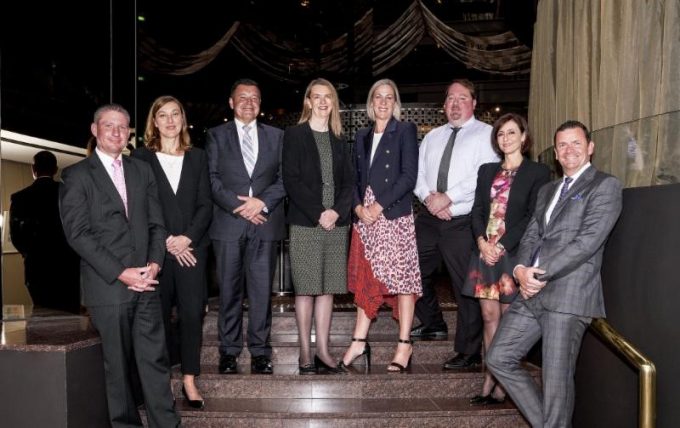
The importance of communication between a RUM and committee
One of the critical success factors for a body corporate will be the relationship that is had between resident unit managers and the owners in a building.
Given that the vast majority of owners have minimal involvement with the affairs of the body corporate, the pointy end of the relationship will invariably come down to the committee and their dealings with the RUM.
Communication between RUMs and committees is essential and very important especially to avoid dissatisfaction between both parties and garner productive relationships. A good idea is to help encourage communication and determine exactly what is expected from each party by asking a set of basic questions:
1. During the course of a year, in what ways does the committee provide guidance to the RUM in the way the RUM is required to discharge the responsibilities of the caretaking agreement?
2. Does the committee and the RUM have a mechanism for progress reports during the year? Or is this saved up till the quarterly committee meeting?
3. Is the committee meeting the best place for the RUM to report? Does one hour every three months fill the need? Does the RUM report take up far too much time during the committee meeting?
4. Is an annual formal review of performance done? Most other relationships of service provide for such a review, why should this relationship be different?
5. What are the KPIs used in performing the review?
6. Were these KPIs agreed between the RUM and the committee at the start of the year? Has a balanced score card approach been taken in the establishment of these KPIs?
7. How is the feedback from that review provided to both the RUM and the owners? Is this a constructive process?
8. How are the follow-up actions documented after the review?
Very few committees and RUMs would be able to answer these questions appropriately. Consequently, if yours is one of the bodies corporate that could improve in this way, it is incumbent upon both the RUM and the committee to reassess the way they interact.
The glue that binds both the committee and the RUM together is good project management, accountability and reaching milestones. There is no one size fits all approach to creating the perfect mechanism for project management. Some of the variables that may be taken into account include: the obligations contained in the current agreement; the remuneration paid under that agreement; the need of your common property for maintenance and upgrade; and the personality and circumstances of both the committee and the RUM.
The absence of structure in a body corporate is no good for either party. How can a RUM satisfy the needs of the committee if the committee has not defined and articulated its own expectations? The first step in the process might be for the RUM and the committee to work together on a shared plan.
Below I have set out a basic checklist of the steps for both RUMs and committees to help define their expectations:
1. Read the agreement – what are the obligations? Do they meet the needs of your common property?
2. Take a tour around your building/body corporate – have a look at the physical makeup of your scheme.
3. Compare your body corporate to similar schemes.
4. List the processes and the frequencies of the processes that occur around your building, what is visible and what is invisible?
5. Envision the future – how does the committee and the RUM see the common property in one year, five years, and 15 years?
By following some of the basic steps provided, RUMs will have a more clearly defined set of expectations to follow that will also help improve their relationship with the committee. In the end, it’s all about making a positive difference to the lives of the lot owners, and this will help to do so.
Tim Sheehan has been with SSKB since May 2000, initially working with developers to structure new projects and since 2004 as a director and chief executive officer. He holds bachelor degrees in law and commerce as well as a certificate IV in body corporate management. Prior to joining SSKB Tim spent five years as a solicitor practicing in the areas of strata development, management rights and body corporate law.

AccomNews is not affiliated with any government agency, body or political party. We are an independently owned, family-operated magazine.







